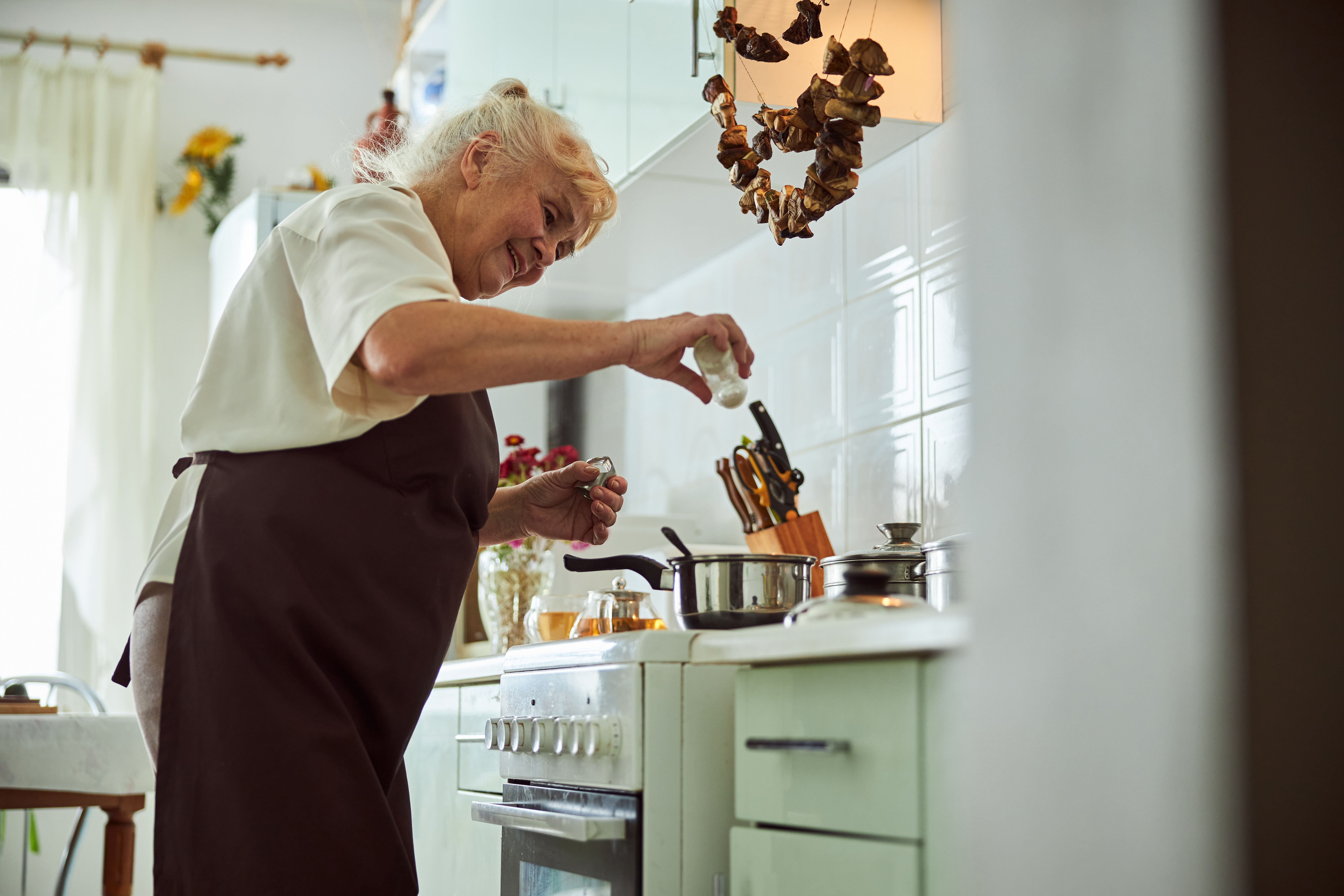10/03/2025
Top tips to keep you and your family fire safe
For many of us our home is where we feel most safe and secure, and making sure we prepare for and prevent fires is a big part of that. From testing your smoke alarms regularly and keeping escape routes clear, to having an evacuation plan in mind, there are many ways we can stay fire safe at home. Keep reading to find out more!

Make sure you have smoke and CO alarms fitted
As your landlord, we'll take care of installing smoke and Carbon Monoxide (CO) detectors on every floor of your home, repairing them if they break, and regularly carrying out safety checks in any communal areas. You should have at least one smoke alarm on each level of your home, however if you think you should have more installed, or you have any concerns please let us know! Smoke alarms are the simplest way to keep yourself and your family safe.
Test your alarms regularly
Smoke alarms save lives, but only if they work! In the event of a fire, you may have as little as two minutes to escape, so having a working smoke alarm in your home is crucial. An early warning from a smoke alarm, could help to ensure you and your family escape the building safely.
You should get into the habit of testing your alarms at least once a month, if not weekly, to ensure they are in full working order. To make sure they are working, press the test button once and you should hear the alarm sound loud and clear from every room in the house. If you hear an alarm beeping, take it down and either replace the battery or call us so that we can carry out a repair. To find out more about testing your alarms, head over to the helpful resources page of our website.
Check electrical appliances
You might not think it, but electrical appliances are a leading cause of many accidental fires in England being caused by misuse of equipment or appliances. The majority of us will use some sort of electrical appliance throughout the day, whether it’s to help make a meal, clean the house or get ready. To help avoid electrical fires you should:
- Always check you have the correct fuse to prevent overheating
- Never leave devices charging for long periods of time
- Never overload sockets
- Check electrical appliances have the British or European safety mark (CE)
- Clean your tumble dryer filter after every load
- Look out for loose wiring, hot plugs and flickering lights
Keep escape routes and fire exits clear
Whether you live in a house, bungalow or a block of flats, you should always ensure escape routes are kept clear of any obstacles. You should keep doorways and landings free of personal items and always keep fire doors closed to limit the spread of a fire. An emergency exit is a clear, safe way to get out of a building so it’s important that you don’t block these or create trip hazards. Combustible materials should never be stored near any sources of ignition or heat sources (storage/riser cupboards).
Be careful when cooking
It takes seconds for a fire to start so you should always limit distractions when cooking and never leave it unattended. Avoid cooking if you’re tired, have been drinking alcohol or taking medication that might make you drowsy. You should check your appliances such as toasters and air fryers for faults before using them and clean them after every use.
Always keep flammable materials like tea towels away from cookers and hobs and never put water on flames or a smoking pan, as this will cause it to explode. If a pan does catch fire, don’t tackle the fire yourself or try to move the pan, but turn off the heat if you can do this safely. Leave the room closing the door behind you and call 999. If you live in a block of flats, you should never cook or use a barbeque on your balcony.
Have an evacuation plan in mind
In the event of a fire every second counts, so it’s important that you know your escape route and have a well-practised evacuation plan. Knowing what to do in the event of a fire is really important and could help you escape the building quickly and safely. As a family, you should select an escape route and make sure everyone knows about it. Your best escape route is usually your normal way in and out of your home, but you should have an alternative route in mind in case the main exit is blocked.
Make sure the keys to doors and windows are easily accessible and that everyone knows where they are. The same applies if you live in a block of flats, and you should make sure you’re familiar with the evacuation plan and the escape routes. It’s easy to get confused in smoke, so count how many doors you need to go through to reach the stairs and make sure these doors aren’t locked.
Your safety is our priority
There you have it, some simple ways to ensure you and you family stay fire safe at home. It’s important to remember that these tasks only take a few minutes, but they could help save your life. If you’re looking for more information and guidance, then head over to our fire safety page below where you'll find lots more info and a copy of our fire safety leaflet. If you have any questions please get in touch with us!

